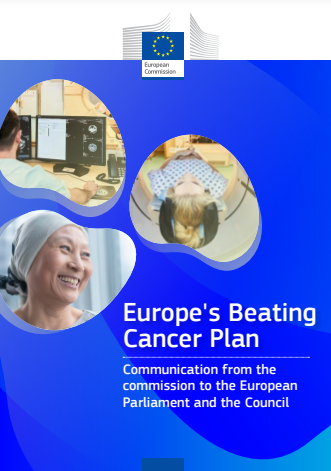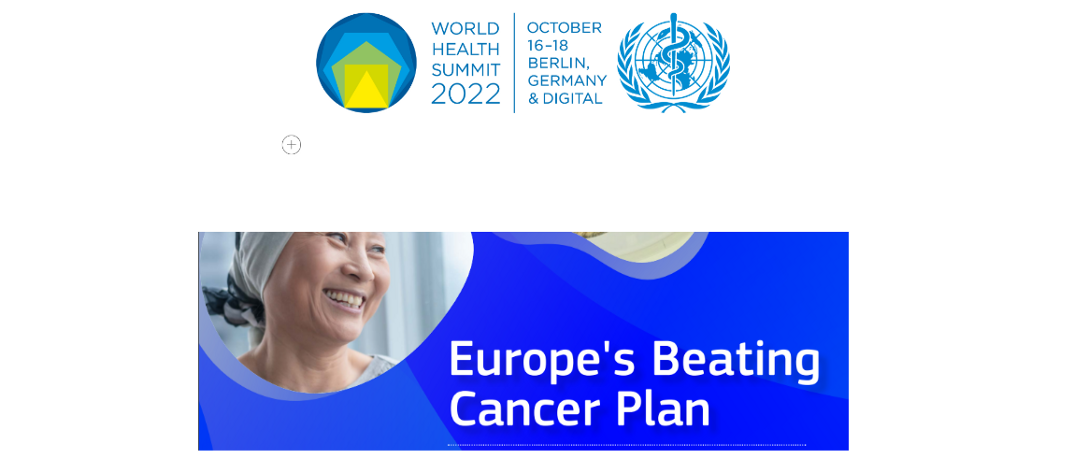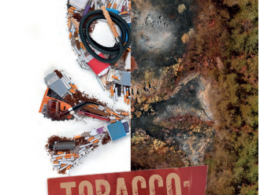Towards Global Knowledge Exchange and Partnership Development in Cancer Control
World Health Summit 2022 (WHS 2022)
October 16–28, 2022
Site Editor:
Joaquim Cardoso MSc.
health transformation institute (HTI)
October 18, 2022
In 2018, 18.1 million people around the world had cancer, and 9.6 million died from the disease.
In the European Union the number of cancer cases is particularly high compared to the proportion of the EU population worldwide.
In the African region the trend of cancer incidence and deaths are forecasted to rise fastest over the next two decades compared to other world regions.
On top, the COVID-19 pandemic has negatively impacted cancer care through disruption of prevention and treatment, delayed diagnosis and vaccination, and poorer access to medicines.
… the COVID-19 pandemic has negatively impacted cancer care through disruption of prevention and treatment, delayed diagnosis and vaccination, and poorer access to medicines.

The EU has launched Europe’s Beating Cancer Plan, which emphasizes the political commitment to mobilize the EU’s stakeholders in the fight against cancer.
In the African region, the Organization of African First Ladies for Development (OAFLAD), promotes cancer control policies and programs through advocacy, resource mobilization and development of partnerships with all stakeholders at all levels.
Comprehensive cancer control requires a whole-of-government multi stakeholder approach which maximizes the potential of new technology and knowledge by translating innovative approaches into the context of national health care systems.
Comprehensive cancer control requires a whole-of-government multi stakeholder approach which maximizes the potential of new technology and knowledge by translating innovative approaches into the context of national health care systems.

The panel discussion will address global similarities and regional differences in the fight against cancer and will propose opportunities for knowledge exchange and cooperation.
This will include strategies to build effective partnerships to develop sustainable platforms for sharing expertise, data, and resources and to focus on research and innovation which reflect regional priorities and needs.
This will include strategies to build effective partnerships to develop sustainable platforms for sharing expertise, data, and resources and to focus on research and innovation which reflect regional priorities and needs.
CHAIRS
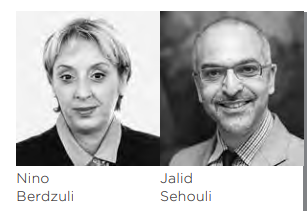
Jalid Sehouli
Charité — Universitätsmedizin Berlin | Department of Gynecology | Medical Director | Germany
Andreas Ullrich
Charité — Universitätsmedizin Berlin | Department of Gynecology | Visiting Scientist | Germany
SPEAKERS
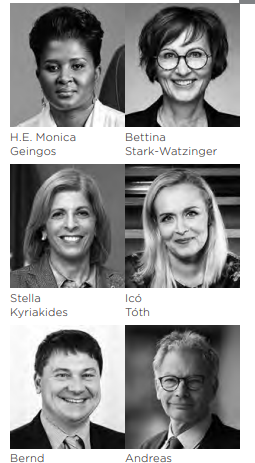
H.E. Monica Geingos
First Lady of Namibia UNAIDS | Special Advocate for Young Women and Adolescent Girls
Bettina Stark-Watzinger
Federal Ministry of Education and Research (BMBF) | Federal Minister | Germany
Stella Kyriakides
European Commission | Commissioner for Health and Food Safety | Belgium
Nino Berdzuli
World Health Organization (WHO) | Regional Office for Europe | Division of Country Health Programmes | Director
Bernd Ohnesorge
Siemens Healthineers AG | President of Europe, Middle East and Africa (EMEA) | Germany
Icó Tóth
Mallow Flower Foundation | President | Hungary
REFERENCE PUBLICATION
